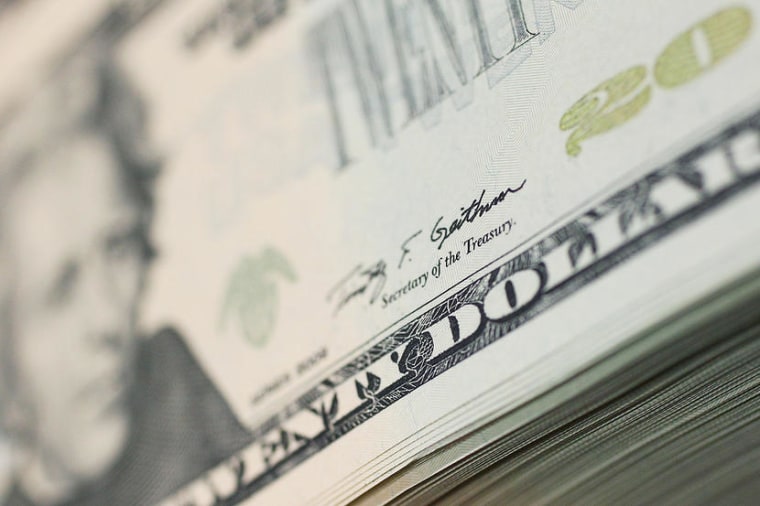Donald Trump has spent much of the year demanding a payroll tax cut. For reasons that he's never been able to explain, the president has gone so far as to argue that such a tax break is the "only" thing that will "make a big difference" for the economy.
Practically everyone in the broader debate over economic policy, including many Republicans, seems to know better. A payroll tax cut will deliver literally nothing to the tens of millions of Americans who are unemployed -- if you're not receiving a paycheck, you're not paying a payroll tax -- and for everyone else, the benefit is so modest, the economic impact is quite limited.
Trump has nevertheless convinced himself that this is absolutely necessary, so he announced over the weekend a payroll tax holiday, to take effect in September, running through the end of the year.
As the Wall Street Journal reported overnight, employers are already wary, asking questions the administration isn't yet prepared to answer, including what happens when the bill comes due in January.
What's more, as Catherine Rampell explained, the president's policy may end up actually costing some people more money: Come 2021, if and when employers pay the IRS for the payroll tax debts their employees never paid, under U.S. tax law such payments would be treated as income to each affected employee. Because the payments for employees’ unpaid taxes now get treated as employee income, employers would have to remit additional income and payroll taxes -- essentially, they have to pay taxes on taxes, bizarre as it may sound."
It was against this backdrop that Trump elaborated on his plans at a press briefing yesterday.
"I signed directives to give a payroll tax holiday with the understanding that after the election, on the assumption that it would be victorious for an administration that's done a great job, we will be ending that tax, will be terminating that tax."
Whether the president understands this or not, payroll taxes finance the Social Security system and Medicare. To "terminate" this tax would not only cost hundreds of billions of dollars -- at a time when the deficit is already enormous -- it would also strip Social Security and Medicare of their vital revenue streams.
I realize Trump has no meaningful interest in governing -- there's a book on this subject you might find interesting -- but someone probably ought to explain to him that he's touting an idea that would leave Social Security, which he swore not to cut, with effectively no money.
What's more, he's doing this during an election season, in which he's already losing, all while targeting a relatively obscure tax that most Americans barely acknowledge, much less expect to see "terminated."
It's rare to see a proposal in which the policy implications and the political implications of the same idea are equally ridiculous.

